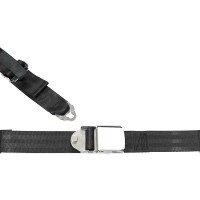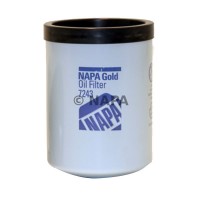1-877-795-2278 | info@aircraftspruce.ca
Aircraft Spruce Canada
Brantford, ON Canada
Corona, CA | Peachtree City, GA
Chicago, IL | Wasilla, AK
Aircraft Spruce Canada
Brantford, ON Canada
Corona, CA | Peachtree City, GA
Chicago, IL | Wasilla, AK
SAME DAY SHIPPING ON ORDERS PLACED BY 2 PM | 877-795-2278
P-40E Warhawk Model
$337.00/Each
Part# 13-10565
MFR Model# AP40AVTS
MFR Model# AP40AVTS
Overview
|
This collectable model P-40 Warhawk represents one of the most famous outfits in military history, the American Volunteer Group, better known as the Flying Tigers. With their iconic paint schemes a familiar icon of the war, the Flying Tigers fought for less than a year, but became legendary. Painted as the P-40 Warhawk flown by Flying Tiger Tex Hill in World War II, this 1/24-scale model P-40 Warhawk makes a great pilot gift or a present for any veteran, aviation enthusiast or history buff. Design work on the P-40 began in 1937, but numerous experimental versions were tested and refined before service deliveries began in September 1940. P-40s first saw wartime service with the British Commonwealth squadrons of the Desert Air Force in August 1941. Unable to outperform the top Japanese and German fighters of the day, the Warhawk’s tough build and good diving performance made it an effective warfighter. In 1941, the American Volunteer Group – the Flying Tigers – began combat operations in China against Japanese forces. In little more than six months, the Tigers shot down 229 Japanese aircraft and destroyed scores more on the ground. David lee “Tex” Hill joined the AVG in 1941, and had achieved 12 ½ victories by the time the AVG disbanded in 1942. One of only a handful of Flying Tigers to join its successor, the 23rd Fighter Group, Hill later became the group commander. By war’s end, Hill had shot down six more aircraft. Hill died in 2007, but the Commemorative Air Force honors his service and memory by flying a P-40 Warhawk painted as his AVG aircraft. |
Q&A
Please note, Aircraft Spruce Canada's personnel are not certified aircraft mechanics and can only provide general support and ideas, which should not be relied upon or implemented in lieu of consulting an A&P or other qualified technician. Aircraft Spruce Canada assumes no responsibility or liability for any issue or problem which may arise from any repair, modification or other work done from this knowledge base. Any product eligibility information provided here is based on general application guides and we recommend always referring to your specific aircraft parts manual, the parts manufacturer or consulting with a qualified mechanic.

 Aircraft Spruce Canada
Aircraft Spruce Canada







